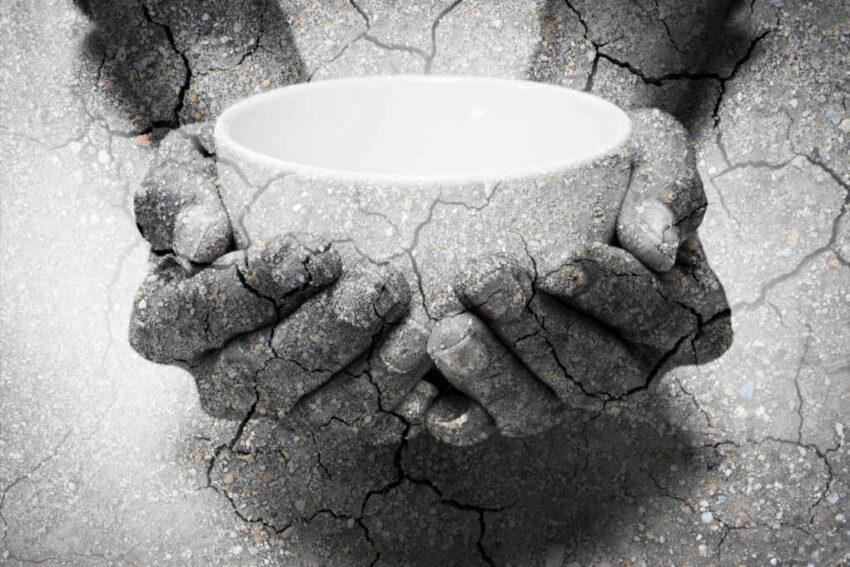The road to eradicating global poverty not only remains rocky but, alarmingly, appears to have stalled altogether.
At a Glance
- After decades of progress, the global effort to eradicate extreme poverty has stalled, with nearly 700 million people still living on less than $2.15 a day.
- The “triple threat” of the COVID-19 pandemic, conflict, and climate change has reversed years of gains.
- A recent Oxfam report highlights extreme wealth concentration, with the world’s 3,000 billionaires gaining $6.5 trillion in the last decade.
- In response, countries like Brazil, Spain, and South Africa are leading a push for a global minimum tax on the super-rich.
A Global Goal Off-Track
After making significant progress between 1990 and 2014, the world is failing in its goal to end extreme poverty. According to the United Nations, progress has stalled, and the target of eradicating extreme poverty by 2030 is now out of reach. If current trends persist, an estimated 575 million people will still be trapped in extreme poverty by the end of the decade, with the majority concentrated in sub-Saharan Africa.
The reversal of progress has been driven by a “triple threat” of crises: the COVID-19 pandemic, which pushed an additional 70 million people into extreme poverty; widespread armed conflict; and the escalating impacts of climate change. These overlapping challenges have hit the world’s most vulnerable populations the hardest, from communities facing drought in the Horn of Africa to displaced families in regions like La Guajira, Colombia, where organizations like World Vision are providing critical support.
A Tale of Two Extremes: Wealth Disparity
The stagnation in poverty reduction stands in stark contrast to the explosive growth of wealth at the very top. A recent report from Oxfam, detailed in The Guardian, found that the world’s 3,000 billionaires have seen their collective wealth surge by $6.5 trillion in real terms over the past decade.
Oxfam puts this massive accumulation of wealth in perspective, noting that the annual growth in billionaire wealth is more than enough to end global extreme poverty many times over. This extreme disparity has fueled a growing international debate about wealth inequality and its role in perpetuating poverty.
The Push for a Global Wealth Tax
In response to this growing inequality, a coalition of nations is now pushing for a new solution: a global minimum tax on the super-rich. Led by G20 host Brazil, countries including Spain, Germany, and South Africa are advocating for a coordinated international effort to ensure billionaires pay a minimum tax of 2% on their wealth annually.
Proponents argue such a tax could raise hundreds of billions of dollars in new public funds each year, which could be used to combat poverty, fight climate change, and reduce inequality. The proposal marks a significant new front in the global debate over how to fund development and create a more equitable economic system.
Click this link for the original source of this article.
Author: Editor
This content is courtesy of, and owned and copyrighted by, https://republicanpost.net and its author. This content is made available by use of the public RSS feed offered by the host site and is used for educational purposes only. If you are the author or represent the host site and would like this content removed now and in the future, please contact USSANews.com using the email address in the Contact page found in the website menu.







